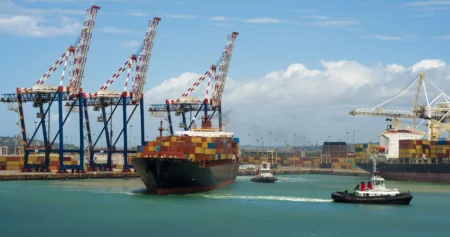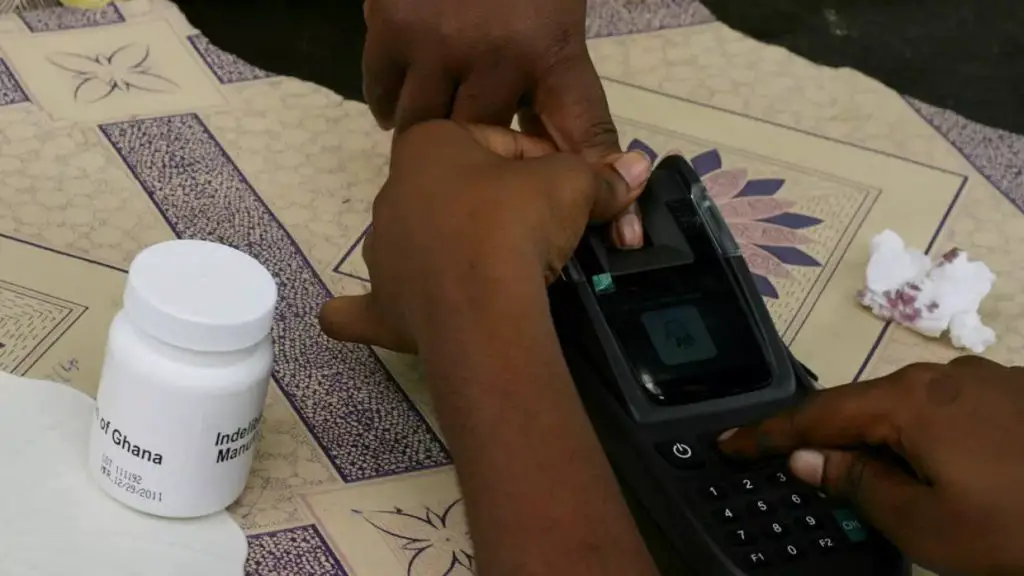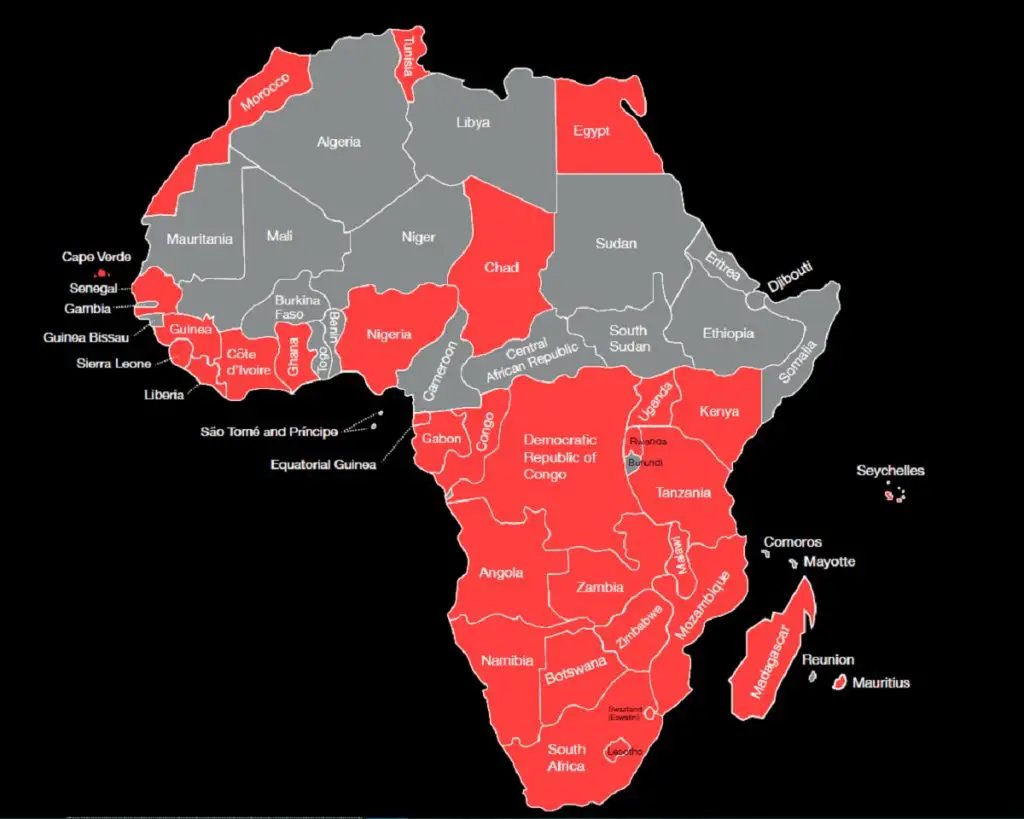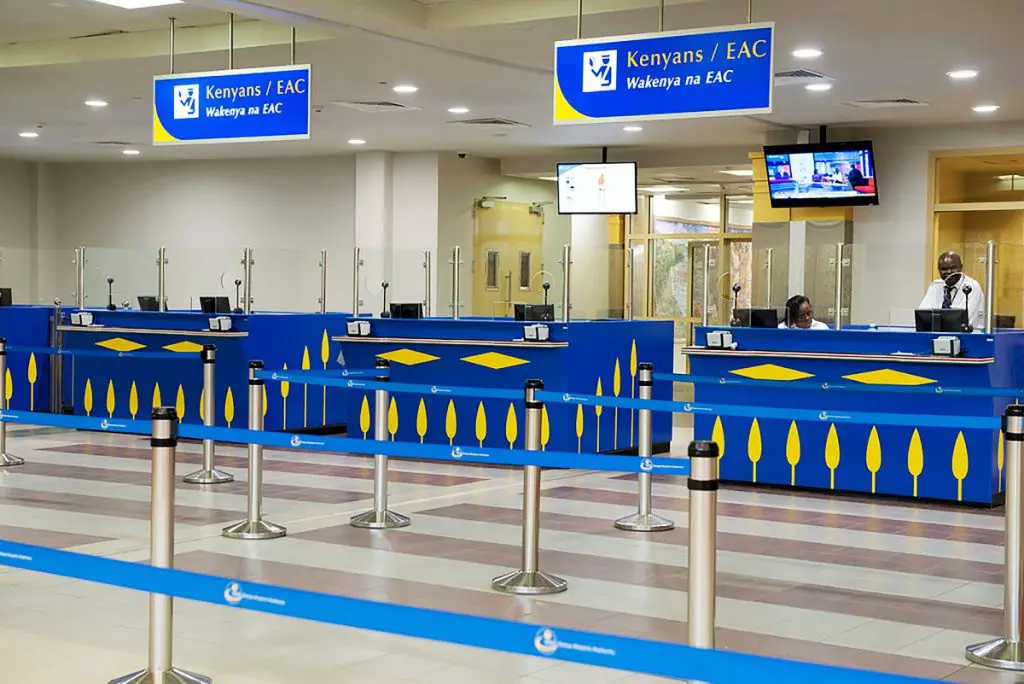- Africa’s new dawn: the rising role of digital and AI in agriculture
- Can Dangote Refinery Transform Africa Energy Ambition
- Gallup Survey: 80 per cent of Kenyan Workers Are Disengaged and Seek New Opportunities
- Madagascar Man Freed from 5KG Tumor After 15-Year Struggle
- How women in Africa are perceived and treated
- Sugar consumption in Kenya to Increase to 1.23 Million Tonnes
- Can Somalia and Turkey Oil deal Bring Change in Somaliland
- Remittances to Kenya dropped to $371.6 million in June, marking a six month low
Browsing: United Nations Conference on Trade and Development
- As we mark Africa Day today, our writer, Ken Mutuku, takes a deep dive into the port industry across the continent. He highlights it vast potential and the big challenges holding it back.
- Every year, May 25th, serves as an opportunity to acknowledge the remarkable progress Africa has made, while reflecting on the challenges it continues to face.
- Key ports offer entry into several resource-rich regions and countries such as Kenya, Tanzania, Mozambique and South Africa.
Africa’s port industry continues to play an integral role in the continent’s supply chain cycle, and has been powering import and export trade of developing economies since colonial times. Despite this, it is still an underutilized and underdeveloped resource that requires significant financing and upgrade to power accelerated growth in resource-rich African economies.
Africa, a continent of vibrant colors, diverse landscapes, and rich cultural heritage, is a true testament to the human spirit’s …
Africa’s creative digital economy, which includes music, film, art, fashion, cultural artefacts, apps and games is not only creating wealth for the creators but also contributes to the gross domestic product, exports and boosting development outcomes according to the United Nations Conference on Trade and Development (UNCTAD).
“The creative economy is recognized now as a tool of sustainable development,” says Marisa Henderson, Chief of the Creative Economy Program at UNCTAD. UNCTAD defines this “creative economy” aka “orange economy” as the sum of all the parts of the creative industries, including trade, labour, and production.
They have tracked trade in creative goods and services for close to twenty years and consistently found that the growth rate of creative economy exports outpaces that of other industries[11]. Africa’s cultural goods sector is estimated to employ about half a million people and generate US$4.2 billion in revenue[12].…
In the years from 2014 and 2018, China was Africa’s biggest FDI source estimated at 16 per cent of all FDI into the continent. The Chinese represented the main source of FDI into the continent with the United States and France holding eight per cent of the total FDI.
With Covid-19 hitting the continent in March 2020, the cascading health and economic challenges on the continent has significantly affected FDI inflows.…
The services sector registered a majority of 25 projects followed by the manufacturing and export trade sector with 21 and 11 projects respectively…
Promoting economic diversification and industrialization in Africa is now a matter of priority …
Africa lags behind when it comes to data and privacy protection exposing the continent’s population to threats which could become expensive to them.
A report by the United Nations Conference on Trade and Development (UNCTAD) shows that 107 countries have put in place legislation to secure the protection of data and privacy. 66 of these countries are developing or transition economies.
In this area, Asia and Africa show a similar level of adoption, with less than 40 per cent of countries having a law in place.
Despite the prospective growth in mobile money transfers and e-transactions, Africa is still far behind in legislation to govern the sector. In addition, cybercrime regulations are few in Africa with 39 countries having some legislation and representing 72 per cent of the continent, 2 countries have draft legislation while 12 countries have no legislation and one has no data.
IMF approves immediate debt relief
…The United Nations Conference on Trade and Development (UNCTAD) is calling for debt deal for developing nations in face of the Covid-19 coronavirus.
UNCTAD, in a report titled From the Great Lockdown to the Great Meltdown: Developing Country Debt in the Time of Covid-19, notes that the virus outbreak came at a time when developing economies have already been struggling with unsustainable debt burdens for many years.
Coronavirus: African leaders stuck with neglected, outdated healthcare systems
The report notes that if the challenges are huge in advanced economies, they are enormously more daunting in developing economies.
“While advanced country governments struggle to revamp administrative and regulatory frameworks and to break ideological taboos, developing countries cannot easily flatten the contagion curve by closing down their largely informal economies without facing the prospect of more people dying from starvation than from the Covid-19 illness. Moreover, even the most advanced high-income developing …
Contrary to media projections, the largest movement of African migrants is within Africa…












